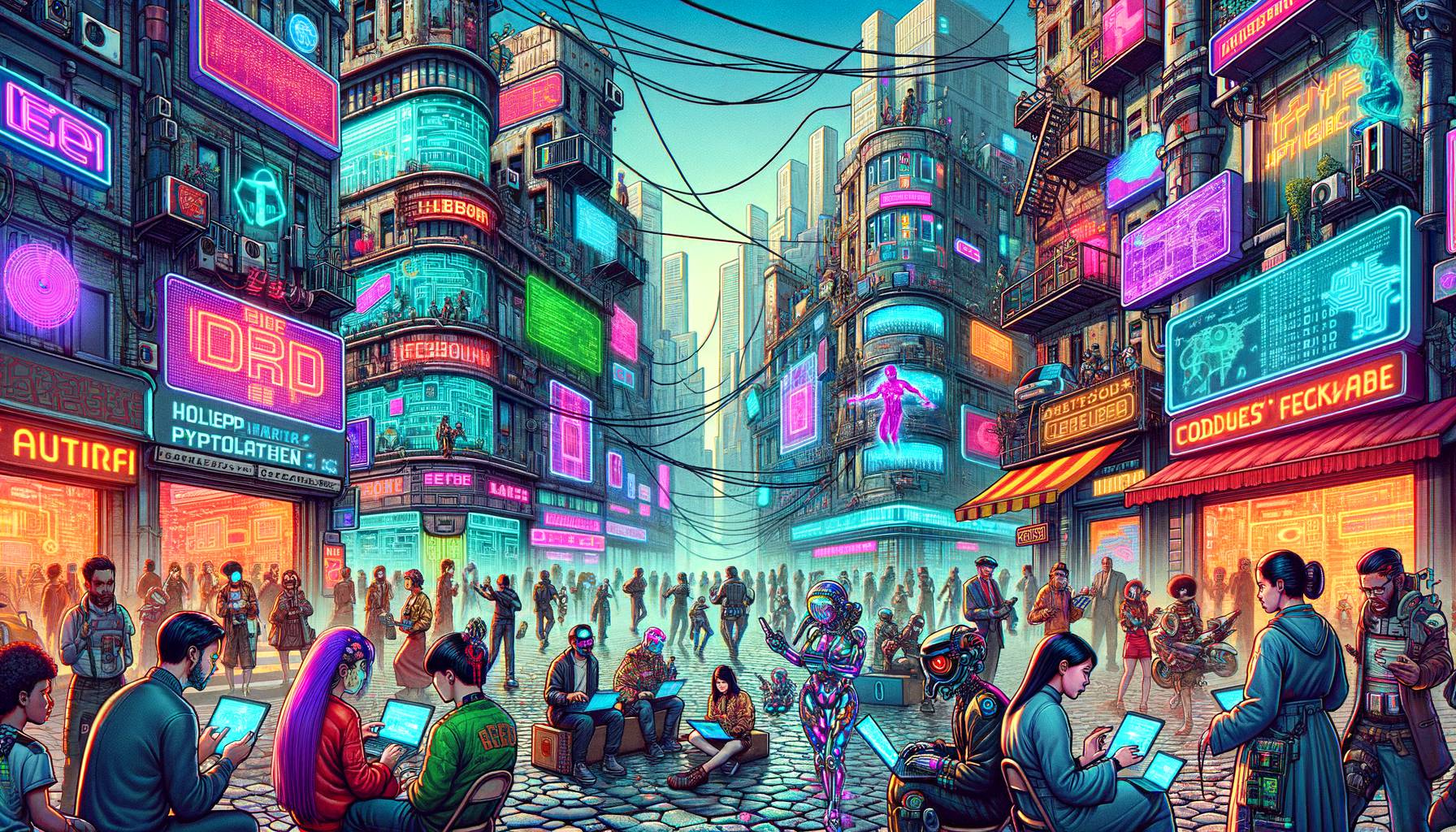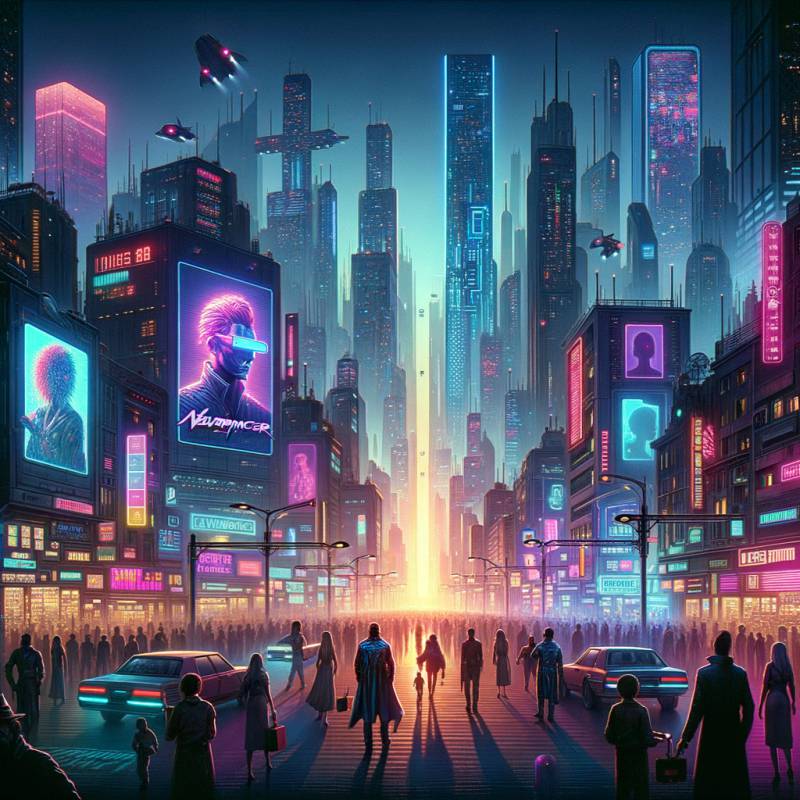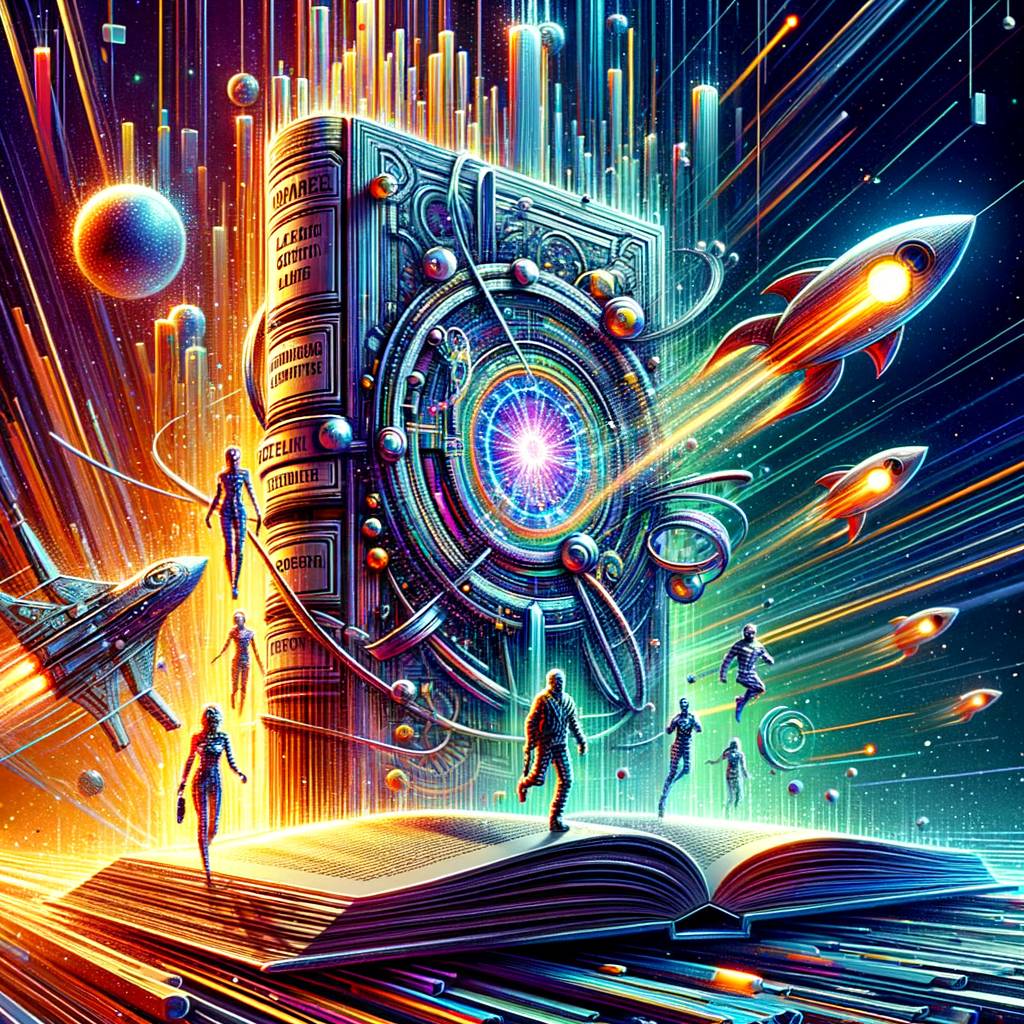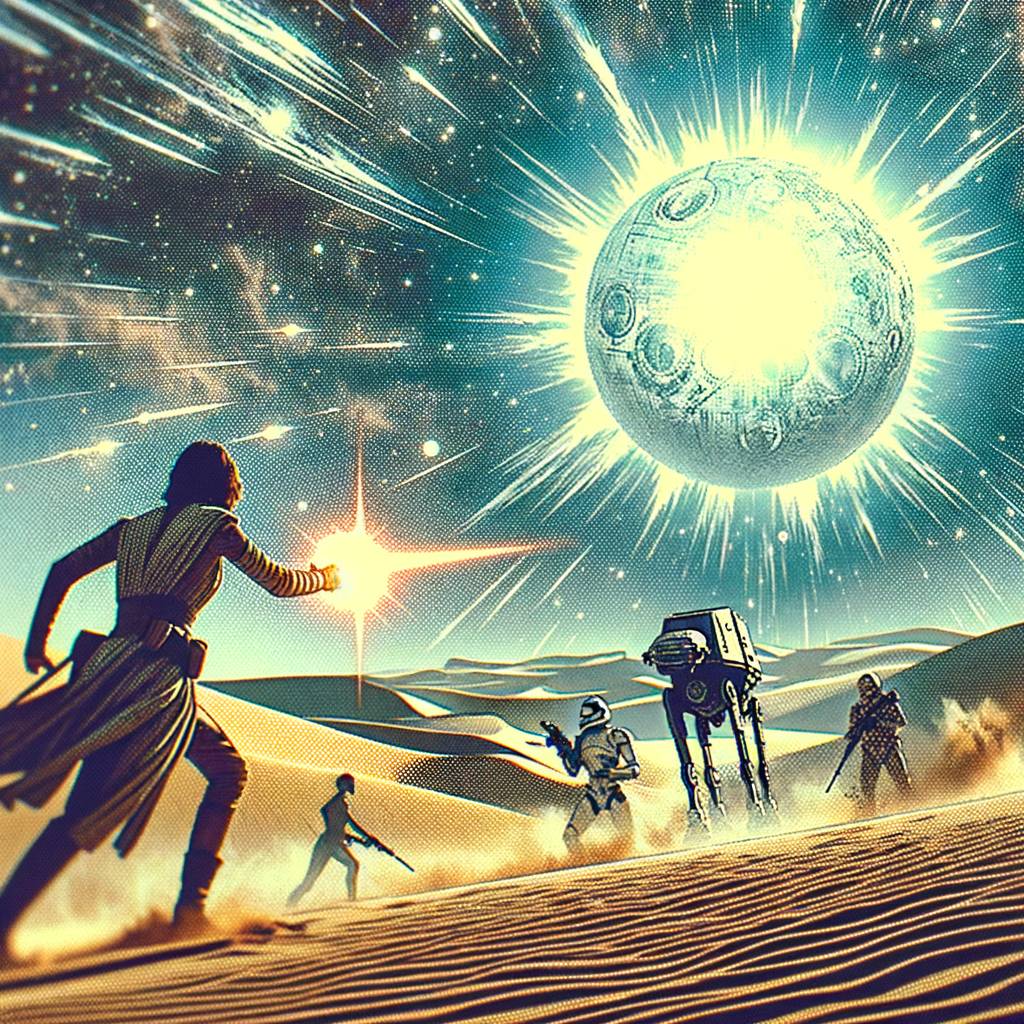The Birth of Cyberpunk: How William Gibson’s Neuromancer Redefined a Genre

In the realm of science fiction, few works have had as profound an impact as William Gibson’s seminal novel, Neuromancer. Published in 1984, this groundbreaking work not only introduced the world to the concept of cyberspace but also gave birth to a new subgenre of science fiction: cyberpunk. This article explores the origins of cyberpunk and how Neuromancer redefined the genre.
Understanding Cyberpunk
Cyberpunk is a subgenre of science fiction that combines high tech with low life. It is characterized by advanced technology and science, such as artificial intelligence and cybernetics, juxtaposed with a degree of breakdown or radical change in the social order. Cyberpunk plots often center on conflict among artificial intelligences, hackers, and mega-corporations, and tend to be set in a near-future Earth, rather than the far-future settings or galactic vistas found in novels such as Isaac Asimov’s Foundation or Frank Herbert’s Dune.
Neuromancer: The Genesis of Cyberpunk
While elements of what would become cyberpunk can be seen in earlier works, it was William Gibson’s Neuromancer that truly launched the genre. The novel tells the story of Case, a washed-up computer hacker who is hired by a mysterious employer to pull off the ultimate hack. The book is notable for its depiction of cyberspace (a term Gibson coined), which he describes as “a consensual hallucination experienced daily by billions”.1
Gibson’s vision of the future was radically different from the shiny, high-tech utopias envisioned by many science fiction authors of the time. Instead, he presented a gritty, noir-like world where technology did not solve society’s problems but instead exacerbated them. This dystopian view of the future, combined with the novel’s innovative use of technology and its anti-hero protagonist, helped to define the aesthetics and themes of the cyberpunk genre.
The Impact of Neuromancer
Neuromancer was a commercial and critical success, winning the Hugo, Nebula, and Philip K. Dick Awards. More importantly, it had a profound impact on science fiction and popular culture. It popularized the cyberpunk genre and influenced numerous works of fiction, film, and video games. From the Matrix trilogy to the Deus Ex video game series, the fingerprints of Neuromancer can be seen in many of the cyberpunk works that followed.
Moreover, Gibson’s vision of cyberspace has had a significant influence on how we think about and interact with the digital world. As Bruce Sterling, another key figure in the cyberpunk movement, noted, “Gibson’s work was prophetic. He saw the rise of the internet and the transformation of society before anyone else.”2
Conclusion
In conclusion, William Gibson’s Neuromancer was a groundbreaking work that redefined science fiction and gave birth to the cyberpunk genre. Its influence can be seen in numerous works of fiction, film, and video games, and its vision of cyberspace has profoundly shaped our understanding of the digital world. As we continue to grapple with the implications of technology and its role in society, the themes and questions raised by Neuromancer remain as relevant as ever.
Footnotes
- William Gibson, Neuromancer (New York: Ace, 1984), 51.
- Bruce Sterling, “Preface,” in Mirrorshades: The Cyberpunk Anthology, ed. Bruce Sterling (New York: Arbor House, 1986), ix.



